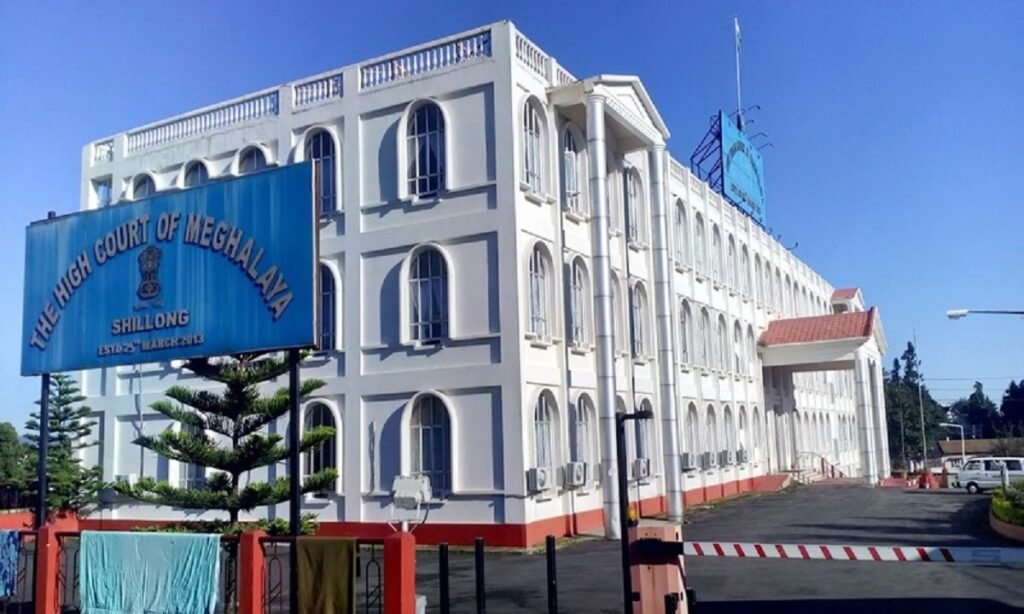
The Meghalaya High Court finds itself at the center of attention following the submission of the 22nd interim report by Justice (Retd) Brojendra Prasad Katakey. The report, focusing primarily on the rampant issue of illegal coal mining and transportation within the state, sheds light on various concerning aspects of the matter. Presented by a single-member committee, the report delves into ongoing investigations, particularly highlighting concerns surrounding abandoned mines and the imperative need for environmental restoration efforts. It also underscores the necessity for auditing the allocated funds designated for these purposes. According to the report, a staggering total of 402 cases related to illegal coal transportation have been registered across various police stations in Meghalaya under Section 21 of the Mines and Minerals (Development and Regulation) Act, 1957, and the Indian Penal Code. Of these, investigations into 65 cases are still pending, prompting the committee to seek clarifications from the State police regarding the reasons for the delay.
Similarly, 83 cases pertaining to unauthorized coal mining have been filed, with investigations ongoing in 50 cases. The committee has directed Assistant Inspector General of Police (A) Sacheng R. Marak to provide explanations for the delays within two weeks, along with updates on finalized trials. Highlighting concerns over the closure of abandoned coal mines, the report stresses the necessity for expeditious execution of mine termination plans, particularly in East Jaintia Hills, where approximately 26,000 rat-hole mine entrances await closure. The committee proposes the construction of barriers at these entrances to prevent untoward incidents. Moreover, the report raises alarms regarding the stagnant progress in addressing environmental damage caused by coal mining activities. While some projects have received licensing from the Meghalaya Environment Protection and Restoration Fund (MEPRF), they remain unaudited.
The committee underscores the critical need for environmental restoration initiatives, especially in combating Acid Mine Drainage (AMD) from unmaintained mine pits, which continue to adversely impact local communities. Furthermore, the report emphasizes the imperative for auditing the MEPRF to ensure the judicious utilization of allocated funds, which include a substantial sum of Rs 400 crore in MEPRF and over Rs 100 crore with the Central Pollution Control Board. Despite this, no audit procedures have been conducted to date, raising concerns about transparency and accountability in fund utilization.
